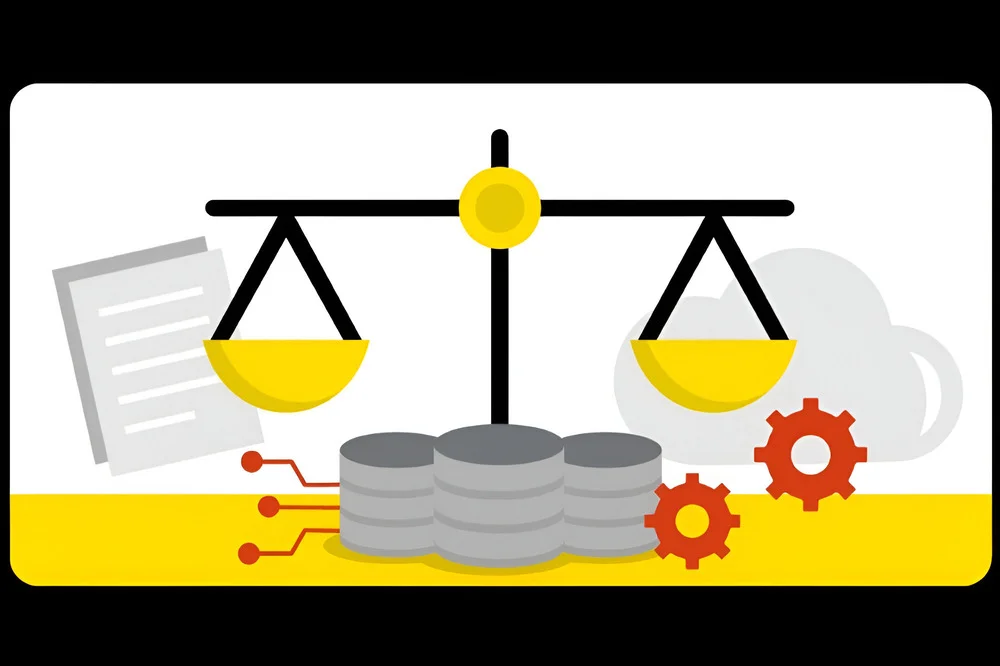Postgraduate study tips: How to maximise your study in minimum time

Postgraduate study is intense. University commitments are time-consuming, and getting the most out of your studies while also juggling work and family commitments is a challenging task. The prospect of having to keep up with everything can be daunting ...to put it lightly.
The good news is, these postgraduate pressures are the perfect opportunity to improve your planning abilities and to learn how to maintain a strong work-life balance. Here are five ways to study smarter, not harder.
#1 Plan your priorities for the year ahead
Your time as a postgrad student will present you with a variety of challenges and opportunities. Whether it be projects, exams, internships or job applications, your focus and attention will be required throughout the academic year. While planning your entire year in advance isn’t realistic, many aspects of an academic year are predictable, and you can still outline your main priorities ahead of time.
Planning out your key goals for the year will make day-to-day planning easier as your long-term priorities will remain top-of-mind when developing your schedule. By setting priorities in advance, you’ll create a “skeleton plan” you can use to make sure you devote most of your effort to the tasks that are most important.

#2 Treat work-life balance as a learnable skill
The concept of “work-life balance” can sometimes be difficult for ambitious individuals to grasp. Balance is important in many aspects of our lives, but when it comes to work, many professionals struggle to ditch the “more is better” mindset. Some people may even feel guilty about deciding to limit how much they work.
The key to creating a work-life balance is to approach it as a skill to be learned, rather than as a set of choices to either make or not. This approach makes sense because if good productivity habits were easy, overall human productivity would be much better than it is. When we understand that good self-management habits are an achievement, they become a goal we can feel good about working towards.
There’s a demonstrated link between work-life balance and productivity. When Microsoft Japan reduced its working week to four days, worker productivity increased by 40 per cent —equivalent to the productivity benefits projected to come from the rise of AI!
#3 Break your study sessions into defined intervals
The human attention span is limited. We can only spend so much time focusing before the mind wanders and productivity wanes, which means regular study breaks are essential.
To maximise the efficiency of your breaks, schedule them for predefined intervals. Exercising your brain consumes energy—the length of time we can study before needing a break depends on the amount of exertion (intensity) the study requires. You may not immediately know what your ideal work/break schedule is, but as long as you pay attention to your ability to focus during each work session, you’ll be on the right track.
A popular interval method for completing intense work is the “Pomodoro Technique”, which divides work into 25-minute sessions, called pomodoros. Each pomodoro is followed by a five-minute break, except the fourth, which is followed by a 15-minute break. Some people find that the pomodoro method improves their ability to focus, and increases the length of their pomodoros over time.
#4 Embrace evidence-based study strategies and tools
There are many study techniques whose effectiveness has been validated by scientific research. One of the most widely studied and validated learning techniques is called “spaced-repetition learning” (SRL), which organises information so that new or challenging concepts are studied frequently, while more familiar information is studied less. This process maximises the learning of new information and the retention of old information simultaneously.
Many digital flashcard programs include SRL algorithms; however, if you plan to practice SRL by using flashcards, it’s important to format the cards in a way that optimises their effectiveness. One of the most effective flashcard formats is the “cloze deletion” (fill in the blank”) format, which promotes context-based learning. For example:
“Stephen Walt opposed the United States’ military intervention in Iraq because he is a key proponent of the _____ Realist school of IR theory.” (The answer is “Defensive”)
Most flashcard programs include support for cloze deletion, which demonstrates a large number of people that find the technique useful. Taking advantage of accessible, research-backed study tools is a simple and effective way to increase the rate at which it’s possible to learn and retain information.

#5 Vary your study techniques
While some study techniques are better than others, there is no such thing as a single “ideal” technique, and getting the most out of your time requires a variety of approaches. By studying information from multiple angles, you can prevent your brain from becoming too “comfortable” with it, and improve your ability to stay engaged with your studies for an extended period.
For instance, you won’t be getting the most you can out of your studies if you limit your notetaking to typing, because the brain processes typing and writing differently. Simply re-writing information can be useful, and using an unlined notebook to re-organise information spatially can enhance your results even further, as drawing and design-based study techniques are among the most effective ways to learn new information
Breaking your study session into intervals can provide an effective framework for incorporating variety into your study time. By planning to dedicate specific intervals to different study techniques, you can take advantage of multiple techniques without making your studies feel any less organised.
Postgraduate life can be intense, but with the right strategies and support, you can maximise your learning to get the most out of your program and achieve your goals.
At the University of New South Wales, maximising your learning experience isn’t just a personal goal, it’s a priority of every postgraduate program we offer. That’s why we’re one of Australia’s top-three universities for postgraduate employment.
To learn more about what our online postgraduate programs have to offer, get in touch with our enrolment team on 1300 974 990.









